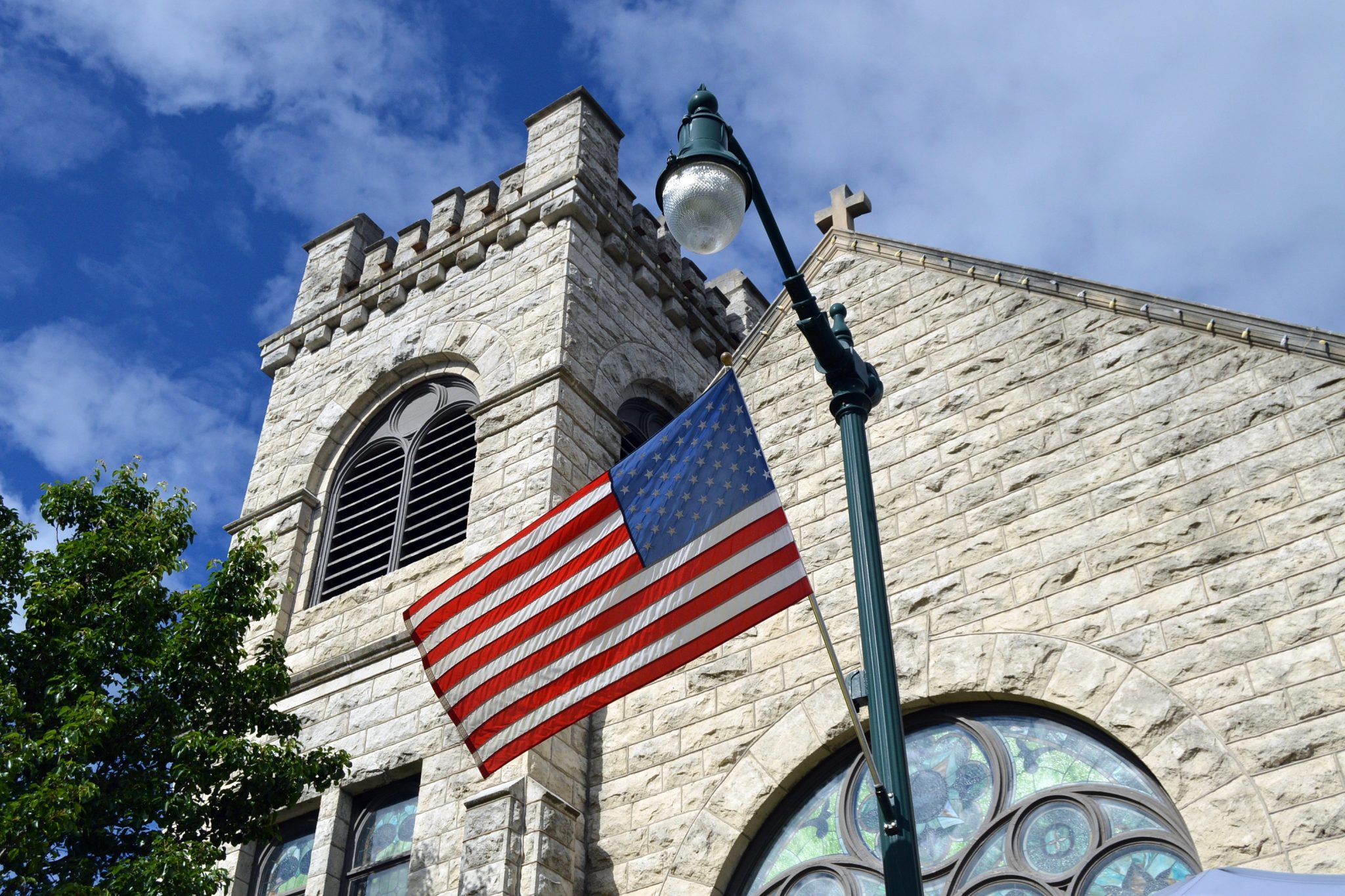Dr Martyn Lloyd-Jones’ influence on American Evangelicalism
Dr Martyn Lloyd-Jones (1899-1981) was a Welsh minister, preacher and medical doctor. He was born in Cardiff, raised in Llangeitho and after ministering in Port Talbot served as the minister of Westminster Chapel in London for over thirty years. His ministry, particularly his expository preaching, has had a lasting impact on evangelicalism.
Given the scope of his ministry (not just in terms of his travels, but also through recordings, writings and his contacts internationally), Martyn Lloyd-Jones was bound to have an impact in America. This was true in part through his visits, but it would prove even truer after his death because of his enduring legacy.
A blessed ministry
Dr Lloyd-Jones made his first trip across the Atlantic in the Summer of 1932 while he was still ministering in Aberavon, Port Talbot. He had been asked to preach for nine Sundays in Sherbourne Street United Presbyterian Church, Toronto and, during that time, he had the opportunity to cross the border into the United States. It was an experience he would remember.
Lloyd-Jones had been invited at short notice to fill the ‘Chaplain’s Hour’ 4:00 pm slot each day during the Chautauqua Institution – a week of Bible teaching held near Buffalo, New York State. Despite the large number of people attending the conference, this late afternoon gathering typically only attracted around thirty people. Not surprisingly, the preacher was somewhat dispirited by such a poor turnout; nevertheless, he was convinced he was there for a reason. This conviction was confirmed in that, by the end of the week, around 6,000 people were coming to hear him. The experience was to affect him deeply as he reflected on it later.
New beginnings
His next trip to the United States of America came in the Summer of 1947 in conjunction with the International Fellowship of Evangelical Students (IFES), seeking to establish its presence in American universities through a conference in Boston. During this trip, he had opportunities to lecture in Wheaton College at the invitation of Carl F. H. Henry, as well as to preach in Park Street Church, Boston.
The IFES conference was not without controversy, not least in light of pressures from broader ecumenical influences in the student world of that time; but Lloyd-Jones’ contribution was deemed to have had a significant impact at this formative stage of its history in America.
The importance of preaching
His next trip to the United States in 1956 was again organised under the auspices of IFES. His itinerary took him to Pennsylvania, Indiana, Minnesota and, after visiting Canada again, on to California. During his time in Los Angeles it became clear that it was not merely his preaching itself that struck a chord with so many people, but his convictions regarding the importance of preaching in the life of the church. This was noted in the local press that highlighted his emphasis as a response to the superficiality in many expressions of Christianity at that time.
Arguably, it was Lloyd-Jones’ stress on the importance of preaching (as opposed to his own preaching ministry) that would become the most significant and enduring legacy of his visits to America.
Preachers and preaching
Martyn Lloyd-Jones’ final trip to America came in 1969 after his resignation from the pastorate of Westminster Chapel. He had been asked to speak at the Pensacola Theological Institute, Florida in August of that year, but the trip was extended on account of other invitations he received. One of these came from Edmund Clowney, President of Westminster Seminary, asking him to deliver a series of lectures on preaching in the late Spring.
This lecture series became the basis for what is almost certainly Martyn Lloyd-Jones’ most influential book: Preachers and Preaching. Even though it has a very narrow focus and therefore has not had the volume of sales enjoyed by many of his other titles, it’s influence has been multiplied exponentially by the number of preachers whose ministries have been shaped significantly by reading it.
The depth and breadth of this volume’s influence was borne out in the 40th Anniversary Edition published in 2012. While it was a straightforward reprint of the original text, it also included essays from six contemporary preachers who pay tribute to how their preaching benefitted from the book’s content. Bryan Chappell, Mark Dever, Kevin de Young, Ligon Duncan, Timothy Keller and John Piper each acknowledge their debt of gratitude to the preacher from Wales — not just for the way he shaped their own preaching, but also how this book galvanised their convictions as to the primacy of preaching.
There is no way of measuring the impact of this book on the church worldwide. The issues it sought to address originally, at a time when expository preaching was widely regarded as passé, are still widespread in our own day. The book continues to be a classic and will continue to be for generations to come.
A lasting legacy
There are all kinds of ways in which Lloyd-Jones’ ministry in America left its mark on people’s lives. Some are high profile, such as the suggestion by Dr James Baird that the Doctor’s addresses on ‘What is the Church?’ in the 1969 Pensacola Institute were a major catalyst in the discussions that led to the formation of the Presbyterian Church in America (PCA) in 1972. Others are very personal. But, in ways many people will never be aware of, the benefits they have enjoyed from their own pastors have come to them via wise words from this pastor-preacher from the past who continues to equip preachers in the present.
